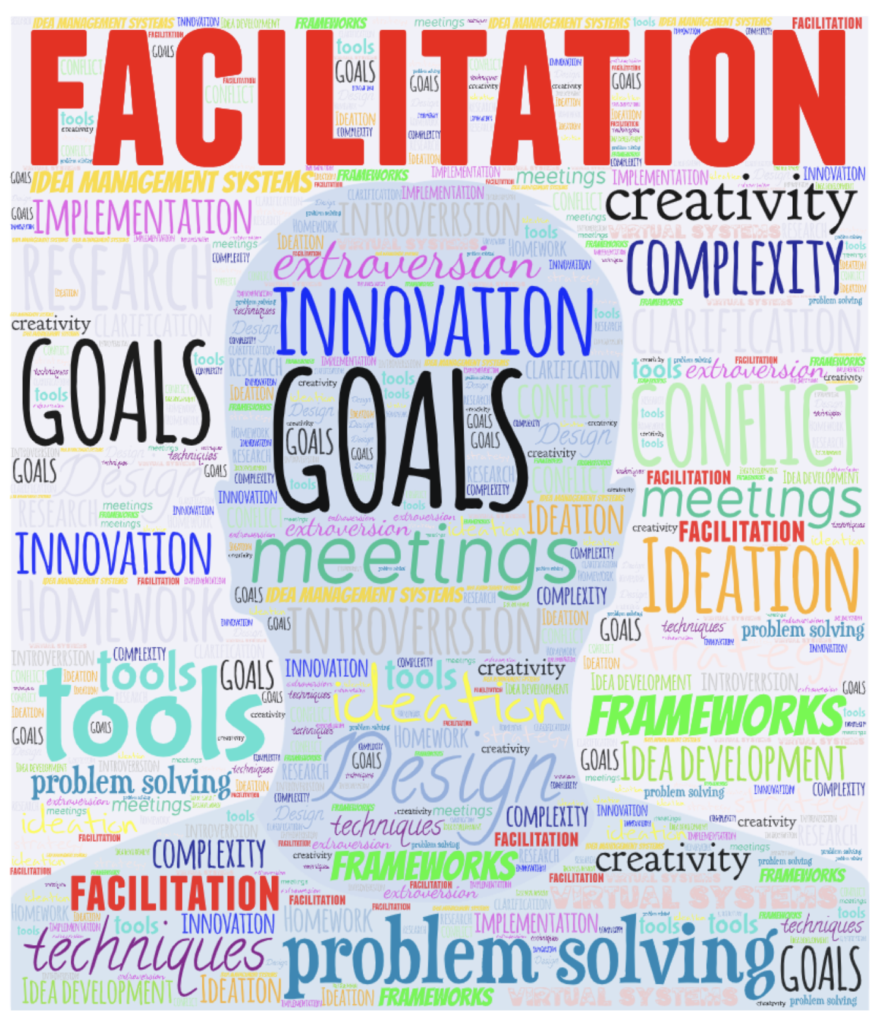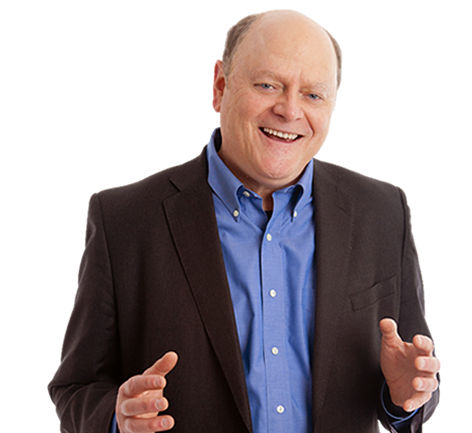Skilled Facilitation Makes a Difference
Success is Determined Before a Meeting
Combining tools & techniques is an art form

I recently completed a really difficult and complicated facilitation. It consisted of about three weeks of planning, a very intensive two day session, and a report. Success!
Getting to Clarity
It was a challenge that took time to understand. The client started by saying he wanted to do a brainstorming session. Several long format conversations were had to clarify what was really desired.
It wasn’t brainstorming that was needed.
Nothing Is Ever What It Seems
As it turns out the session was really more about idea development and elaboration. There is some imaginative thinking inside idea development, but if this session had been organized as a classic “brainstorm” or purely divergent idea session it would have been a waste of time.
After we got to clarity regarding output, it was all “block and tackle.” We designed a creative session plan to achieve our better understood goals. It was a session that included activities that were quite varied, including mural drawing, Improv energizers, story telling, and some highly focused divergent thinking, writing, and presenting.
I brought in a software product to help with data collection and convergence — the remarkable Stormz system (this is not a paid endorsement). Participants used rented iPads and only occasionally went to flip charts.
The group got fully engaged and there was very little “storming.” At the end we had several, very detailed, viable solutions to solve the problem. And it was all documented in Stormz, it was literally, a push button report.
Facilitation skills make a big difference in innovation projects.
Would this meeting have worked out with an in-house facilitator? Maybe. In-house folks have content knowledge which is helpful. What they don’t have, typically, is process knowledge. That’s what a trained facilitator brings to the table. Facilitation skills are great for innovation sessions, but also aid process improvement, or strategy sessions. In fact, facilitation skills add value to any meeting. Get the training if you want this difference all the time.
Get the Training for Facilitation
After the meeting I was nearly tackled by one participant who pulled me into a quiet corner and said he was shocked that the meeting hadn’t broken down into open conflict. The challenge was linked to industry controversy. Apparently this group had a history of conflict (which I knew about).
I told him the session design was less about preventing conflict, and was more about focusing the team on generative work. He looked at me like I was speaking a foreign language. He asked me “how do you do that?”
The short answer is skilled facilitation.
The long answer is 20 plus years of training and experience. Training in innovation frameworks, structured problem solving methods, group dynamics, conflict resolution, qualitative research, and very specific-to-tasks facilitation tools. Tools like Improv games and Mind-Mapping. Or invented tools like Concept Blending. If I had worked with this same group in the dawn of my facilitation journey I might have muddled through, but more likely I would have failed.
Experience matters.
If you see a facilitator with gray hair (or no hair!) see it as a signal that your odds of success are higher. Of course this assumes that grey haired person has kept learning. In a session I did a few years ago we generated four patents in one day. People are amazed by that. What’s not seen is the years of work it took to be able to plan and facilitate that kind of session.
One Trick Facilitator Pony
There are facilitators who have a couple of tricks up their sleeve, for instance, Post-It Note brainstorming. The problem is, that tool is just a tool, not a system, a framework, or an approach — and it won’t work if it’s mis-applied.


